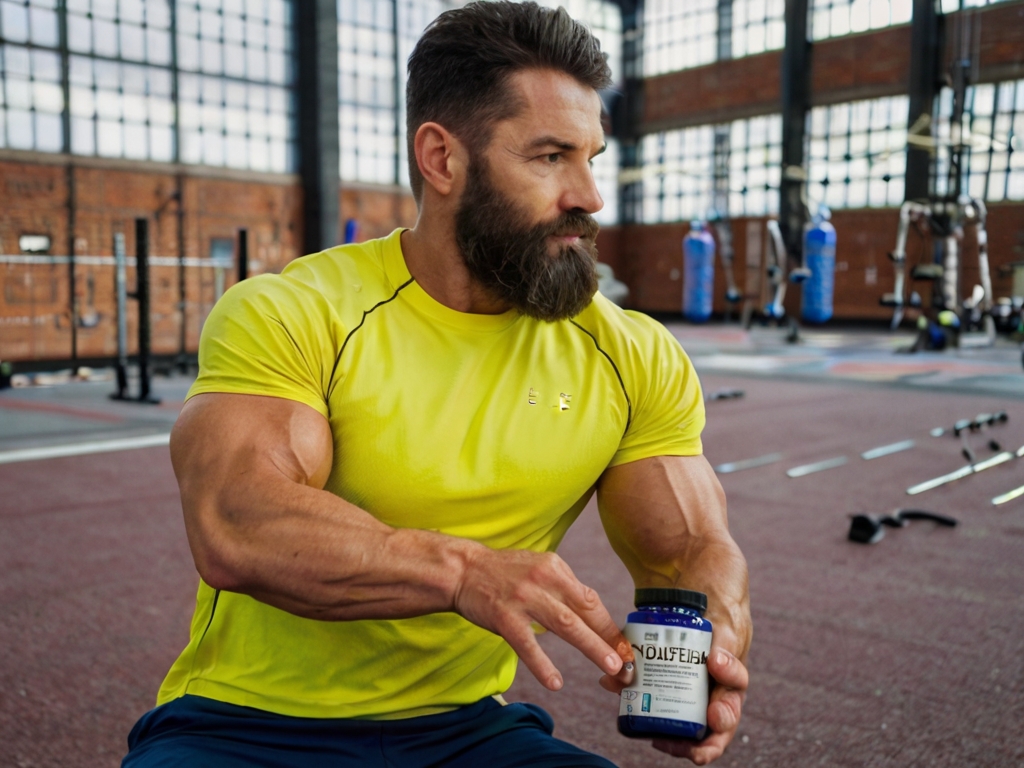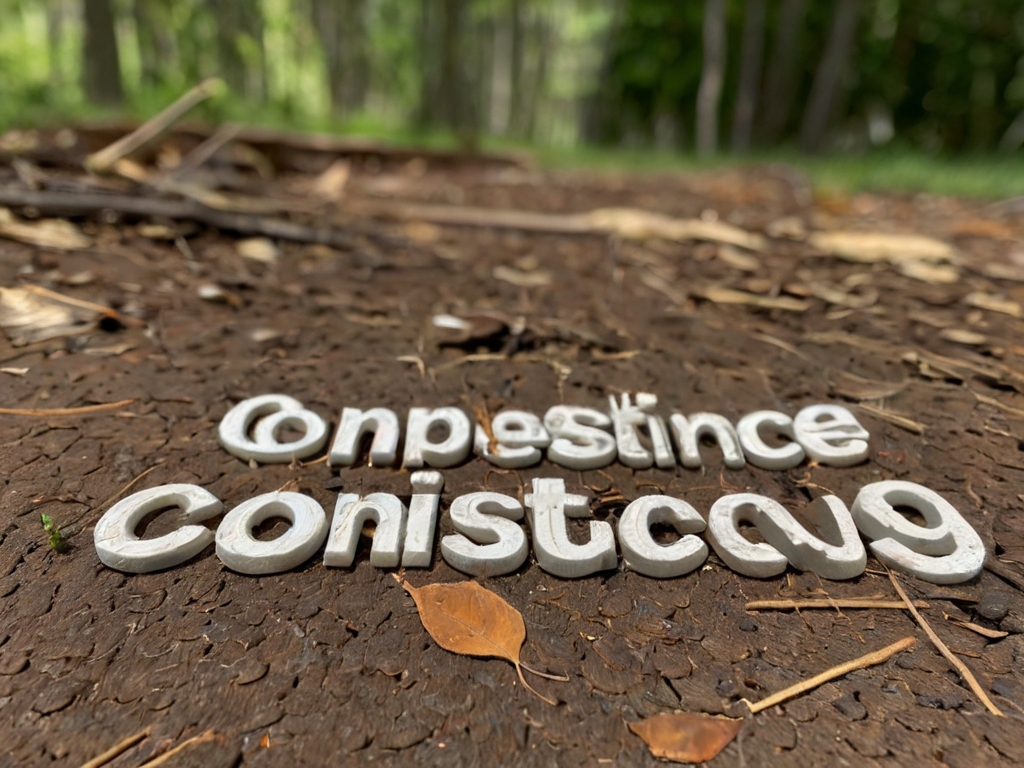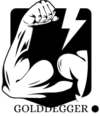When it comes to fitness, muscle recovery and growth are crucial components that determine how effectively you can build strength and improve performance. Understanding the science behind these processes can help you optimize your workouts and achieve better results. So, let’s dive deep into the fascinating world of muscle recovery and growth.

What Happens to Muscles During Exercise
When you exercise, especially during resistance training, your muscle fibers undergo significant physical stress. This stress causes tiny tears in the muscle fibers, known as microtears. While this might sound harmful, it’s actually a critical part of the muscle-building process. These micro tears signal the body to repair the damaged fibers, leading to stronger and larger muscles over time.

The Role of Protein in Muscle Recovery
Protein plays a vital role in muscle recovery. The process of protein synthesis involves the rebuilding of muscle fibers with the help of amino acids, the building blocks of protein. Consuming sufficient protein, especially those rich in essential amino acids like leucine, is crucial for this repair process. It’s often recommended to have a protein-rich meal or supplement shortly after a workout to maximize muscle recovery.
The Importance of Rest and Sleep
Rest and sleep are fundamental to muscle recovery. During rest periods between workouts, your muscles have the opportunity to repair and grow. Additionally, sleep is when most of the muscle recovery happens. Deep sleep cycles are particularly important as this is when the body releases growth hormone, which is essential for muscle repair and growth.
The Impact of Nutrition on Muscle Growth
Nutrition is a key player in muscle growth. Macronutrients like protein, carbohydrates, and fats each have their role. Carbohydrates provide the energy needed for workouts and recovery, while fats support hormone production. The timing of nutrient intake also matters; consuming a balanced meal with protein and carbs post-workout can enhance muscle recovery and growth.

Hydration and Muscle Recovery
Staying hydrated is often overlooked but is crucial for muscle recovery. Water is essential for various bodily functions, including nutrient transport and muscle function. Dehydration can impair muscle recovery and increase the risk of injury. Aim to drink plenty of water throughout the day, especially before, during, and after workouts.

Role of Hormones in Muscle Growth
Hormones like growth hormone and testosterone play significant roles in muscle growth. These hormones help regulate the repair and growth of muscle tissues. On the other hand, cortisol, a stress hormone, can negatively impact muscle recovery if levels are too high. Balancing these hormones through proper diet, exercise, and stress management is crucial for optimal muscle growth.
Benefits of Stretching and Mobility Exercises
Stretching and mobility exercises are not just for flexibility; they also aid in muscle recovery. Dynamic stretching before workouts and static stretching afterward can improve blood flow to muscles, reduce stiffness, and enhance recovery. Incorporating mobility exercises can also prevent injuries and improve overall performance.
The Role of Supplements in Muscle Recovery
Supplements can be a helpful addition to your recovery regimen. Common supplements include protein powders, branched-chain amino acids (BCAAs), and creatine. These can aid in muscle repair, reduce soreness, and enhance muscle growth. However, it’s important to choose high-quality supplements and consult with a healthcare provider to ensure they’re safe and effective for you.

Understanding Delayed Onset Muscle Soreness (DOMS)
Delayed Onset Muscle Soreness (DOMS) is the discomfort you feel 24-48 hours after intense exercise. It’s a natural part of the recovery process and indicates that your muscles are adapting and growing. To manage DOMS, consider incorporating light exercise, hydration, proper nutrition, and possibly foam rolling or massage.

The Importance of Consistency and Patience
Muscle growth and recovery don’t happen overnight. Consistency in your workout routine and patience are key. It’s essential to set realistic goals and understand that progress takes time. Regularly challenging your muscles while allowing adequate recovery will lead to long-term gains.
Mental Health and Muscle Recovery
Mental health significantly impacts muscle recovery. High stress levels can increase cortisol production, which can hinder muscle repair. Managing stress through mindfulness, meditation, and other relaxation techniques can improve both your mental well-being and your physical recovery.
Technological Advances in Muscle Recovery
Advancements in technology have introduced new methods for muscle recovery. Cryotherapy, compression therapy, and electrical muscle stimulation are a few examples. These methods can enhance recovery by reducing inflammation, improving circulation, and speeding up the repair process. Additionally, new gadgets and tools are continuously being developed to support efficient muscle recovery.

Common Myths About Muscle Growth and Recovery
There are many myths about muscle growth and recovery. For example, some believe that muscle soreness is a sign of a good workout, but you can build muscle without significant soreness. Another myth is that more protein always leads to more muscle growth, but balance and timing are key. It’s important to rely on evidence-based practices rather than popular misconceptions.
Conclusion
Understanding the science behind muscle recovery and growth is essential for anyone looking to improve their fitness. By focusing on proper nutrition, hydration, rest, and mental well-being, you can optimize your recovery and see better results from your workouts. Stay consistent, be patient, and remember that every step you take brings you closer to your fitness goals.
FAQs
How long does muscle recovery take?
Muscle recovery typically takes between 24 to 72 hours, depending on the intensity of the workout and individual factors such as fitness level and nutrition.
Can you build muscle without soreness?
Yes, you can build muscle without experiencing significant soreness. Soreness is not an indicator of muscle growth; consistent, progressive overload and proper nutrition are key.
What is the best food for muscle recovery?
Foods rich in protein and carbohydrates, such as lean meats, eggs, dairy, legumes, and whole grains, are excellent for muscle recovery. Additionally, including healthy fats and plenty of vegetables can support overall recovery.
Are recovery supplements necessary?
Recovery supplements are not necessary but can be beneficial. They can provide convenient sources of protein, amino acids, and other nutrients that support muscle repair and growth.
How does age affect muscle recovery?
As we age, muscle recovery can slow down due to changes in hormone levels and muscle mass. However, staying active, maintaining a balanced diet, and getting adequate rest can help mitigate these effects.

Keto Diet Offer On CB Since 2019 & Counting! Insane Conversions For Weight Loss & Female Audiences

